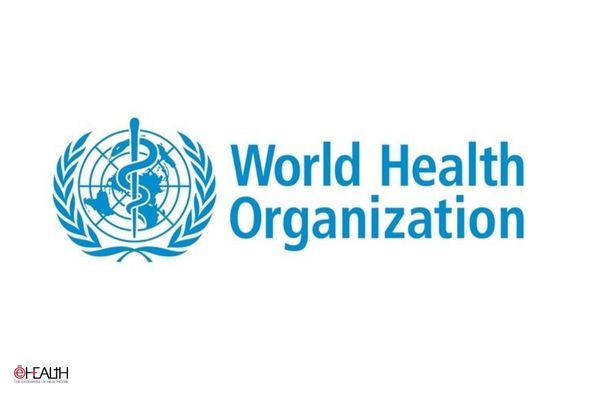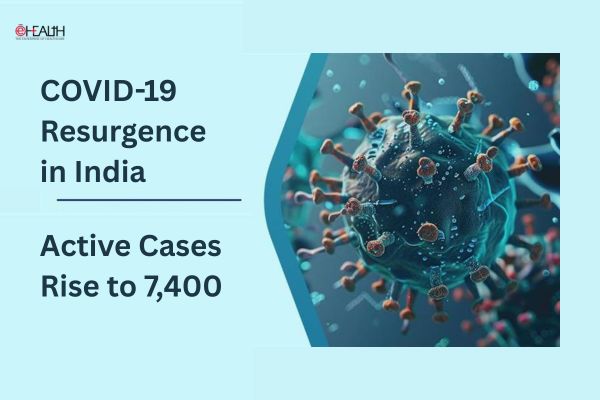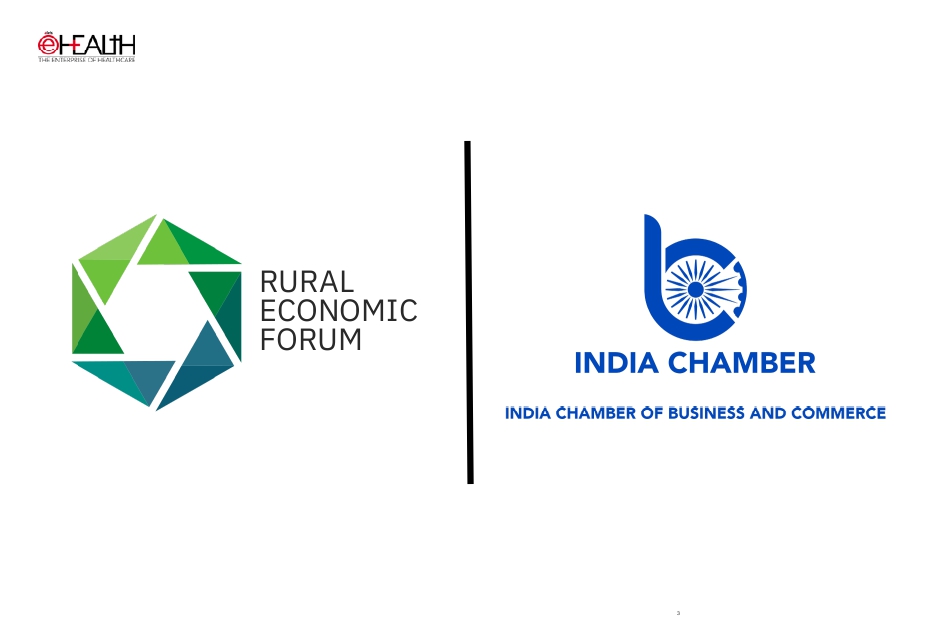
The World Health Organization’s (WHO) Task Team on Climate Change, Neglected Tropical Diseases (NTDs), and Malaria, in collaboration with Reaching the Last Mile (RLM), has released a significant scoping review published in the Transactions of the Royal Society of Tropical Medicine and Hygiene. This comprehensive review, encompassing 42,693 articles, underscores the urgent necessity for a deeper understanding of how climate change is affecting malaria and NTDs.
The study reveals that rising temperatures and changing weather patterns are shifting the geographic range of vector-borne diseases, which could have severe implications for global health. These changes place additional pressure on health systems, as disease vectors like mosquitoes expand their range, increasing the risk of malaria and NTDs in new regions that may be unprepared to manage these diseases.

Dr. Ibrahima Socé Fall, Director of WHO’s Global NTD Programme and lead researcher of the study, emphasises the need for robust, collaborative, and standardised models to predict climate change’s impacts on these diseases. “The findings present alarming trends and highlight the need for urgent action. Malaria transmission is expected to move towards the poles and higher altitudes, while the mosquito vector responsible for dengue and chikungunya is predicted to continue expanding,” he stated.

The review indicates that the hardest-hit communities will be those already disproportionately affected by these diseases. Despite this, current research often focuses on countries with low disease burdens and high healthcare access, leaving underserved communities at greater risk. This disparity presents a growing emergency, necessitating immediate investment in research to develop timely, evidence-based interventions.

Tala Al-Ramahi, Chief Strategy Officer of Reaching the Last Mile, warned, “The climate crisis threatens to reverse decades of progress in global health and development. We urgently need more research to support the development of interventions to anticipate and mitigate the worst consequences of climate change on health.”

Despite identifying 511 relevant papers, the review found that only 34% (174 studies) addressed mitigation strategies and a mere 5% (24 studies) examined adaptation methods. This gap highlights the critical need for evidence-based measures to safeguard recent gains against malaria and NTDs.
Dr. Daniel Ngamije Madandi, Director of WHO’s Global Malaria Programme, echoed these concerns, noting that extreme weather events are already impacting malaria and will likely become more common. “The impact of climate change is disproportionately borne by the poorest people, who are also disproportionately affected by malaria and NTDs. A more equitable, comprehensive, and sustainable response is needed,” he asserted.
The scoping review analysed peer-reviewed papers and grey literature published between January 2010 and October 2023. Researchers examined 1,543 full-text papers, correlating the number of publications with national disease burdens, healthcare access, and climate vulnerability scores. Malaria, dengue, and chikungunya were the most studied diseases, while other NTDs remain under-represented in research.
Reaching the Last Mile (RLM) is a global health initiative funded by the philanthropy of His Highness Sheikh Mohamed bin Zayed Al Nahyan, President of the UAE. RLM focuses on disease elimination by providing treatment and preventive care in communities with limited access to quality health services, particularly targeting last-mile disease elimination efforts for malaria, NTDs, and polio. Through its partnerships and programs, RLM is dedicated to improving health outcomes for the world’s most vulnerable populations.
Be a part of Elets Collaborative Initiatives. Join Us for Upcoming Events and explore business opportunities. Like us on Facebook , connect with us on LinkedIn and follow us on Twitter , Instagram.
"Exciting news! Elets technomedia is now on WhatsApp Channels Subscribe today by clicking the link and stay updated with the latest insights!" Click here!
















